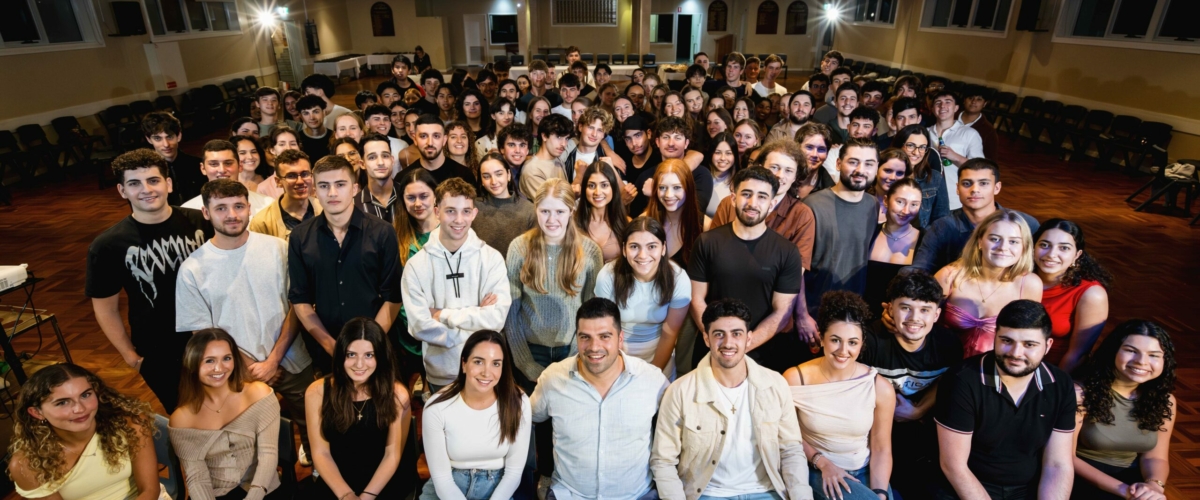
Organisation is a key element of effective tutoring, and its importance cannot be overstated. Whether working with primary or high school students, an organised session helps create a productive environment where learning can happen efficiently and with clarity. Being well-prepared demonstrates professionalism, builds trust, and ensures that the session runs smoothly from start to finish.
An organised tutor begins each session with a clear plan. This might involve reviewing the student’s goals, revisiting previous content, and outlining the day’s focus. When students know what to expect, they are more likely to stay engaged and feel a sense of progression in their learning. A well-structured session also makes it easier to manage time effectively, ensuring that each topic receives the attention it needs without the lesson feeling rushed or disjointed.
Having materials ready in advance, such as worksheets, questions, or past paper prompts, also helps maintain flow. It minimises downtime and allows the tutor to move confidently between activities. This level of preparation communicates to the student that their time and learning matter, which can be highly motivating.
Organisation also supports flexibility. When a tutor knows their content and structure well, they can more easily adapt to the student’s needs in the moment—whether that means spending longer on a tricky concept or switching to a different strategy. Being organised does not mean being inflexible; rather, it provides a solid base from which to respond to the student effectively.
Ultimately, an organised session fosters confidence, both for the tutor and the student. It allows for greater clarity, maximises learning time, and creates a calm, purposeful environment. When students experience consistent, well-structured lessons, they are more likely to develop strong learning habits, make progress, and enjoy the journey of learning.
Demetria Koutavas









